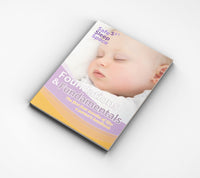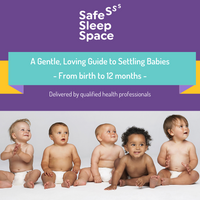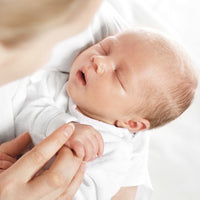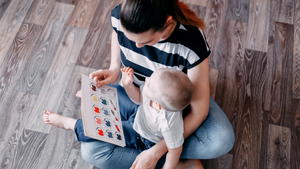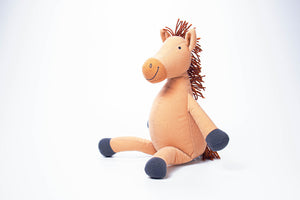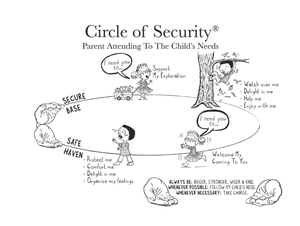Six Essential Tips For Parents Of Newborns

Parents are very skilled at criticising themselves for not consistently offering the very best, because of exhaustion, confusion and … sometimes, just being human. Humans are dynamic and there is no better time to see that than in parenting. Sometimes we expect ourselves to be capable of things that are simply not humanly possible. When we don’t meet our unrealistic expectations, we then become self critical and therefore are creators of our own emotional pain.
There are ways to remind parents to shift from parenting 'reactively caregiving' from the outside, to a more internalised approach of thinking. By thinking from the inside first you can be more aware of the actuality of situations and therefore provide care that is thoughtful and a little less ‘knee jerk’. By thinking this way the caregivers can develop stronger and deeper abilities to connect with their child, rather than just provide care.
Some basic tips to keeping on track:
- Remember that babies have no brain capacity for intentionally making your life hard; they are merely letting you know that they have a need and require assistance until their brain is developed in areas of self-care, both emotionally and physically.
- Try the ‘I wonder why’ and 'I wonder what it feels like for you’ approach. It is not that you will have the answers, but it will open your mind to ‘what is the world looking like for your little babe?’ which in turn, helps develop the ability to consider each baby has individual experiences and unique needs.
- Babies are too immature for self care and protection, so they have particular behaviours that help them connect to someone who will provide a safe, consistent, dependable and ‘caring’ world for them. You will not always know what is wrong with your baby, but by offering them comfort and kindness, you help them to manage whatever it is that is troubling them. At least until they can regulate their internal and external worlds for themselves.
- The very best way to know what is happening for your child is to LOOK and LISTEN, without too much judgement. Look for cues and behaviours that indicate what state your baby is in, and how best to help them. A little grizzle is not life threatening, indeed, that low level, intermittent, quiet grizzle, gives parents the opportunity to listen without needing to instantly intervene, but if that continues for long periods or escalates to crying, the message is very clear … I NEED YOU.
- Don’t try to over think parenting, it will do that all on its own without your help! Think about the obvious, babies need someone to be kind and to provide them with a world that they can rely on that feels safe, not event free, just safe, and reliable. That is your job, first and foremost, love and kindness. This can sometimes get lost in all the ‘doing’ for baby. Take time to just be with your baby, to look, wonder and be amazed at the incredible family you are, together.
- If the going gets tough, reach out for help. The only shame is when parents don’t reach out and they end up wasting precious days, months and sometimes years, trying to ‘manage’ when there is a world of people out there who are specifically trained to provide support and guidance at this amazing but often challenging time.
Help with looking after your baby
The NourishBaby - Guide to Babies - is an online program that you can view in your own time. The Guide to Babies helps you to understand and care for your baby and covers key milestones, sleep and settling advice and baby development. There is a section on real parents sharing their experience of adjusting to parenthood.
Many parents have reduced sleep when a new baby arrives. The Safe Sleep Space website has a variety of resources and supports to provide tips and advice on how to assist your baby with sleep. You can also book a phone consultation to speak with a Sleep Consultant.
Other blog posts you will find helpful:
When is it time to get help for my child's sleeping?
Why is infant mental health so important when it comes to sleep?
Looking after the wellbeing of Dads.
- Tags: baby communication infant regulation
